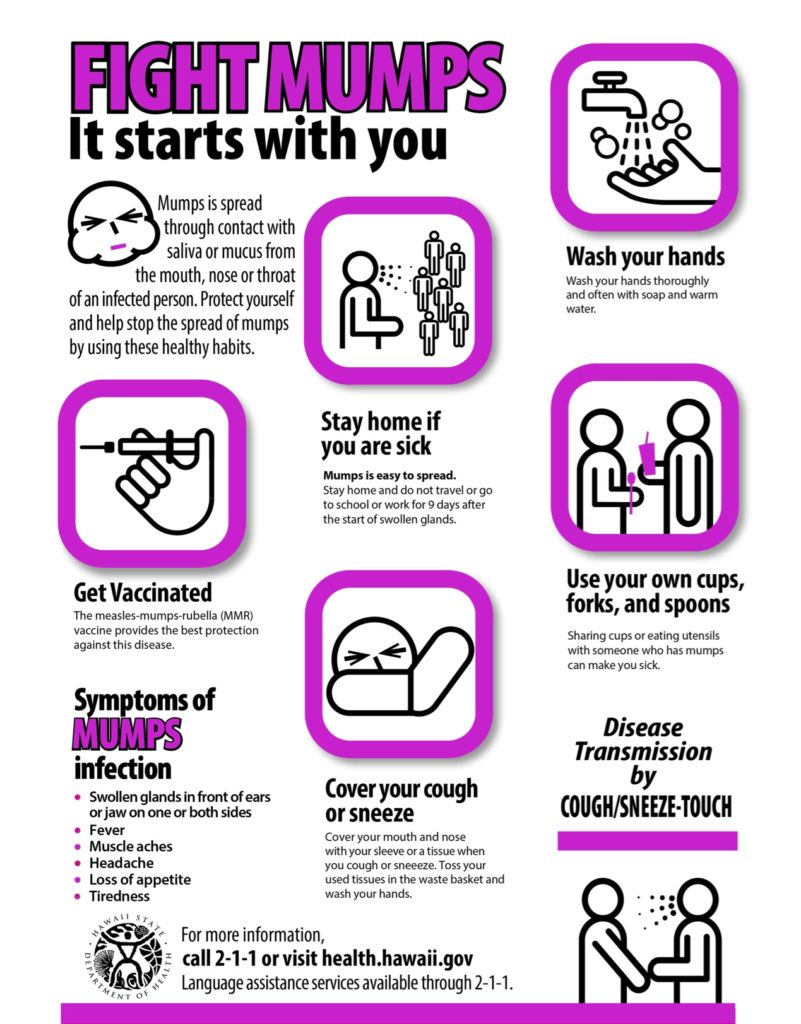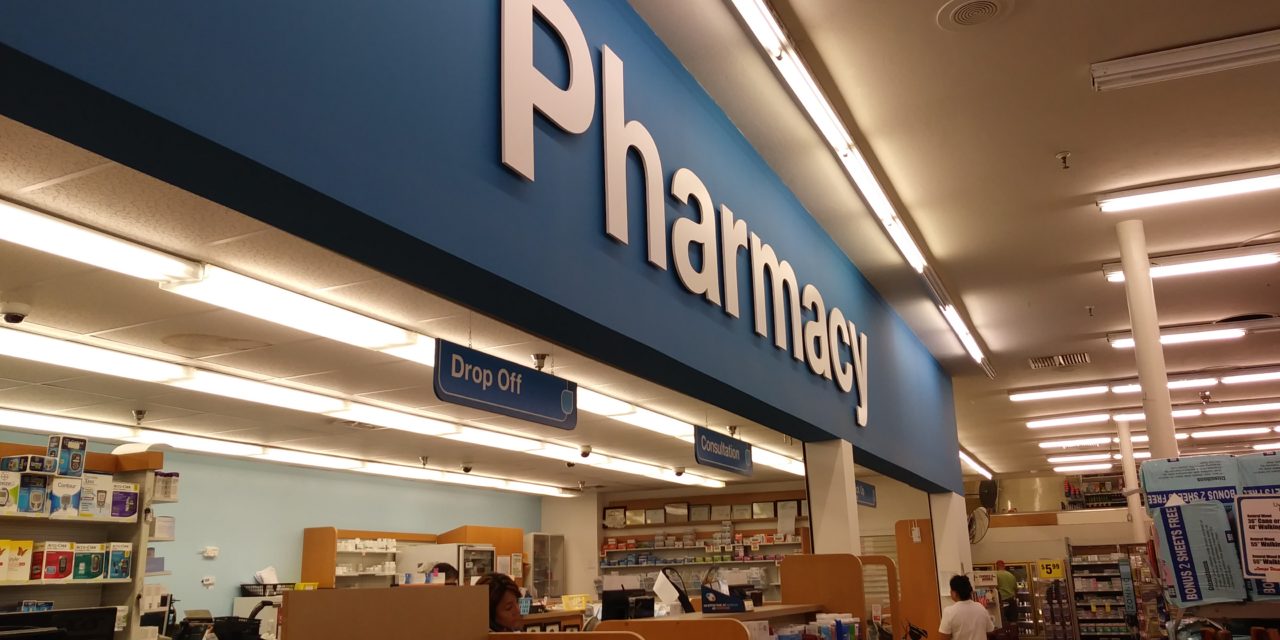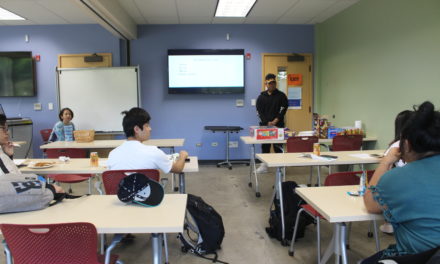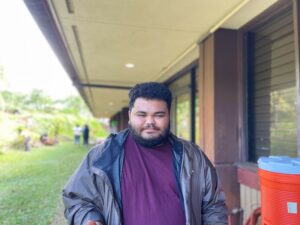By Lexus Yamashiro | Staff Writer
Since the outbreak of mumps in March 2017, the Department of Health (DOH) has recorded 770 confirmed cases across the state of Hawaiʻi as of Jan. 4. Mumps, a contagious viral disease that is transmitted through contact with saliva and mucus of an infected person, has been known as a childhood disease but is now showing signs of spreading in adolescents and adults.
It is recommended by the DOH that an individual should see his/her physician when signs of parotitis (swollen salivary glands) appear under the ear or jaw. This infectious period of mumps can last for about nine days and slowly dissipate after five to six days. Other symptoms that some have reported are headaches, high fever, and muscle aches that are similar to the flu.
Ronald Balajadia, the immunization branch chief of DOH, said that the effects of mumps can range from mild to severe and, in some cases, can lead to worse health conditions such as orchitis (swelling of the testicles), oophoritis (swelling of the ovaries), and temporary hearing loss.
“There’s a possibility of meningitis or encephalitis, and there’s even the rare incidence of death, but again, those are things that don’t happen as often,” Balajadia said. “But the fact that we’re seeing the number of cases that we’re seeing, it’s enough to let people know that this is serious.”

The Department of Health (DOH) created flyers to inform the public of what mumps is and how it can be prevented from spreading. (Photo courtesy of the DOH)
With the spread of this disease developing primarily in confined social spaces such as schools, work offices, and homes, the DOH encourages individuals to isolate themselves from others if they suspect that they may have or currently have mumps.
On Oct. 19, three cases of mumps were confirmed on UH Mānoa’s campus. Within a month, two more cases of mumps over two separate occasions at KCC were confirmed by the administration, notifying students immediately with emails of the confirmation and actions that should follow to prevent and stop the spread of the contagious disease. Although a third possible case of mumps was later confirmed that the results were negative, there is still a concern that floats around KCC.
Dr. Brenda Ivelisse, the KCC vice chancellor for student affairs, has been keeping the campus up to date since the first confirmed case of mumps was noted on Nov. 20. With 610 confirmed cases on the island of Oʻahu alone as of Jan. 4 since the outbreak in March 2017, Ivelisse has included in her emails that anyone born after 1956 who had two doses of the MMR (measles, mumps, and rubella) vaccine 10 or more years ago, one dose five or more years ago, or is unsure if he/she had mumps or no vaccination should receive an extra mumps shot.
“We keep encouraging folks to get boosters, or if they have any types of symptoms to stay home and contact their provider,” Ivelisse said. “We don’t want an outbreak where folks are getting it from KCC.”
Ivelisse said that if students feel that a classmate may have mumps that she should be contacted at ivelisse@hawaii.edu immediately.
Although the following steps emailed by Ivelisse should be taken into consideration, Balajadia said that regardless of what year an individual was born, an outbreak dose of the MMR shot should be taken as an extra layer of protection.
“Right now, the current recommendation is just get a dose now, especially for the college-age setting,” Balajadia said, going on to state that about 60 percent of individuals over the age of 18 are being affected.
In the case that an individual does not have a personal provider to seek an MMR shot, Balajadia suggested that asking pharmacies and community health centers as alternative options would be the next step. The DOH also has an online vaccine locator that the public can use to find places across the state that offer vaccines and immunizations. MRR shots that are received at places such as Longs Drugs pharmacies are likely to be covered by medical insurance but may cost about $170 without. The cost would most likely apply when seeing a physician but may vary depending on the type of medical insurance presented and whether or not an individual has medical insurance.
To prevent the spread of the disease, the DOH has been encouraging the public to take appropriate actions besides getting an extra MMR shot. If an individual believes that he/she may have mumps, staying home and isolating oneself from others is the immediate course of action that is suggested. Reminders of constantly washing hands, sneezing or coughing in sleeves, and refraining from sharing utensils and cups are also actions that the DOH hopes will prevent the spread of mumps.
With a steadiness in the number of cases confirmed across the state, Ivelisse and Balajadia are hopeful that the disease will slowly subside. Since mumps is a virus that has to be recovered from without any antibiotic or cure, the recommendations of continuing to keep clean and avoid sharing objects that may spread infected mucus or saliva is still to be followed.






